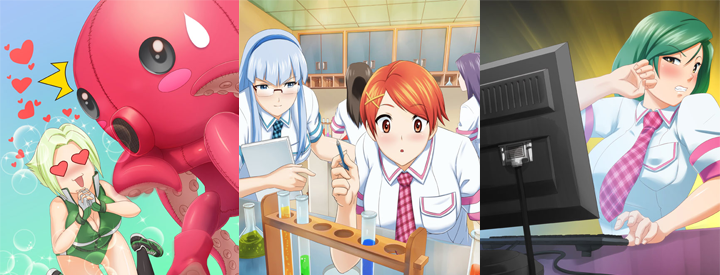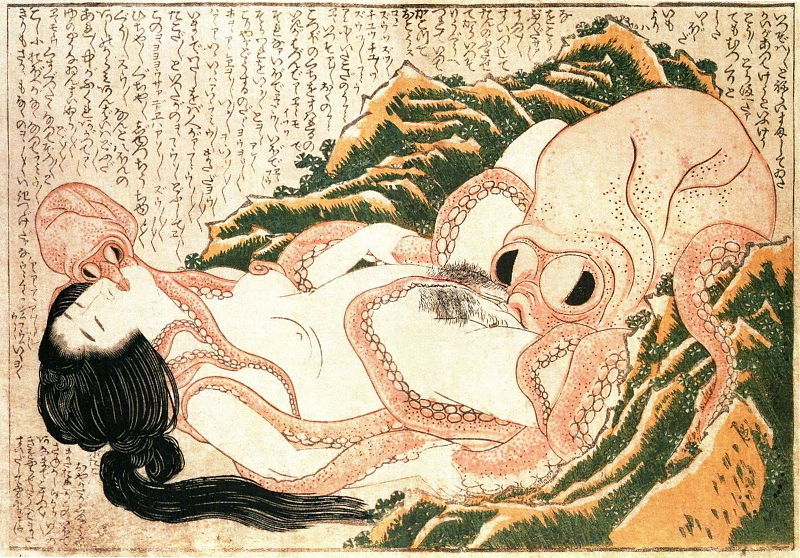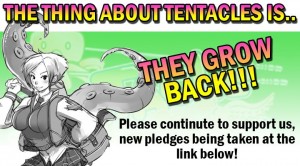My quadrennial election rant
I won’t be voting today. I didn’t vote in 2012, 2008 or 2004 either. I can’t vote, not being an American citizen. But I am perfectly fine with that. Sixteen years of not voting has had absolutely no impact on my life, and has helped convince me that it’s vastly over-rated. Indeed, from the sidelines, I’ve grown increasingly convinced that voting is much more the problem, rather than the solution. Or, at least, the problem is a system under which voting is a “right”, rather than a responsibility or a privilege. It’s an issue about which a number the founding fathers, particularly John Adams, were concerned. In 1776, he wrote:
Very few men, who have no property, have any judgment of their own. They talk and vote as they are directed by some man of property, who has attached their minds to his interest.
240 years later, that’s exactly what we see. In the 18th century, voting was limited largely to rich, white men. And it made sense. Not because they were rich, or white or men. But because they were, by far, likely to be the best educated and so best able to make informed decisions. Since then, the bar has been set ever lower, and now, you need little more than to be 18 with a pulse. And that’s a problem, because as Isaac Asimov once said, it leads to “the false notion democracy means that my ignorance is just as good as your knowledge.” In the modern voting booth, it’s absolutely the case, and to quote Winston Churchill, “The best argument against democracy is a five-minute conversation with the average voter.”
It leads, inexorably, to the situation we have today, both parties ending up with the worst candidate available. Because when all votes count the same, it’s much easier to go for the bottom 51%, who can be easily manipulated through appeals to personal interest, fearmongering and tribalism [which we see equally from both sides]. The only way out is to end, or at least limit, the universal franchise. What I want is a quiz in the voting booth. Say, ten questions, nothing too taxing, basic stuff like “Locate Iraq on this world map,” [though in 2006, that was apparently too much for 63% of young Americans] If you don’t get 7/10, your vote is still recorded – just quietly ignored. You don’t deserve to have a say for, as I said, voting is a responsibility, not a right, and an uninformed electorate is worse than no electorate at all. Case in point: Hitler would likely be no more than a historical footnote, save for the power he gained through the universal franchise.
tl;dr? Can’t vote, have never voted, and it’s a terrible system, which has brought us to the awful choice we see today.
But if forced to choose, who would I pick? It’s not easy. In some areas, my views are Democratic; in others, Republican. I’m strongly pro-choice, for example; but I also favor enforcement of immigration law, that doesn’t effectively stop at the border. Even on the Clinton/Trump axis, both candidates have good ideas. I agree with Hillary that education is vital. But I also agree with Donald that the current foreign policy of nation-building and regime change has caused far more problems than it has solved. Voting for one side would inevitably mean compromising my beliefs in a significant number of areas. If I have any particular affiliation, I’d identify with the “Republican Party Reptile” group, described by writer P.J. O’Rourke as follows:
We are in favor of: guns, drugs, fast cars, free love (if our wives don’t find out), a sound dollar, and a strong military with spiffy uniforms. There are thousands of people in America who feel this way, especially after three or four drinks. If all of us would unite and work together, we could give this country. . . well, a real bad hangover.
Sadly, Mr. O’Rourke is not standing for election. Nor is anyone for whom I would actually want to vote. If Bernie Sanders had made it through, I’d have been more than happy with that, but the Democratic party machine appears to have done everything in their power to prevent this. Hell, right now, I (and I suspect the majority of the population) would likely be perfectly happy if President Obama said, “Look, people: it’s for the best” and passed an executive order, declaring himself Emperor for life. There is, literally, no good option in this election. They should install showers in the voting booths, because it’ll save you time afterward.
Donald Trump is an intemperate, arrogant blowhard, with a highly-dubious track record, in both his personal and business life. I wouldn’t accept a check from him, and wouldn’t recommend our daughter hang around Trump after dark.
However, he’s still preferable to Hillary Clinton.
Because Clinton is the epitome of everything I despise about the current system. A career politician, completely beholden to special interest groups and lobbyists (not least through the Clinton Foundation and its donors), who rode Bill’s coat-tails to the White House, then used it as a jumping-off point for her own political ambitions. She is absolutely entrenched with the political establishment, which brought us such joys as the dot.com bubble, the worst depression since the Great one, in which we lost our house, and has spent literally trillions of dollars on pointless foreign wars that benefit no-one save the military industrial complex. Make no mistake: a vote for Clinton is a vote for a continuation of this current, failed system.
If Hillary wins, it will mean the last five Presidents have been Bush, Clinton, Bush, Obama, Clinton (and I’m not betting against Jeb Bush making another run in 2016). Congratulations, America: 240 years after winning your freedom from Great Britain, you’ll have instituted your own hereditary monarchy. For this is disturbingly like the approach used to determine the throne of England in the mid-16th century, except with Republicans and Democrats instead of Protestants and Catholics. And, guess what? That didn’t do much to benefit the population as a whole either.
It is bizarre to see a billionaire businessman as “alternative”, but these are certainly bizarre times. Trump is the most radical candidate with an actual chance of winning in my lifetime [maybe since JFK in 1960?]. Term limits, ethics reform, against the TPP. It’s kinda astonishing to see a Republican candidate espouse these beliefs. Whether he’ll be able to put them into action if elected, I’m less sure: I remember the hope for change when Obama won. Whatever happened to that? It may depend on who wins the Senate, just as a Clinton victory with a Republican Senate would lead to further deadlock. But even if the Reps win, this was a party that never wanted Trump – it just couldn’t figure out who they did want. How much would they co-operate with him?
That’s an undeniable part of his popular appeal. To quote one supporter, “The fact that Wall Street hates Trump and love Hillary, the fact that the career politicians hate Trump, the fact that the media is almost entirely promoting Hillary and bashing Trump, should tell you everything.” He’s got a point. You’d think in an election where the two candidates are separated by a couple of percentage clicks, that would be reflected in the media. Not so: 243 daily newspapers have endorsed Hilary Clinton. Just 19, Donald Trump. A staggering 96% of campaign contributions made by journalists have been in favor of Clinton. If you believe they aren’t skewing their reporting similarly, I’ve a bridge in Brooklyn for sale.
I mean, you really think the release of an 11-year-old tape by a Comcast-owned NBC show was purely coincidental? Yet I find the Access Hollywood tape largely irrelevant to the matter at hand. John F. Kennedy (Democrat) pretty much banged everything that came through the White House, up to and including Marilyn Monroe, and is still regarded as among the greatest of all Presidents. And if the sexual escapades of Mr. Hillary Clinton (another Democrat) didn’t matter when he was actually the sitting President, why the hell should Trump’s? This is more a salutary lesson as to why Americans’ trust in the media is at an all-time low. Because, for so many, the storylines being pushed are utterly out of sync with what people feel matters.
If Trump wins, it certainly won’t be the same old world. In some ways it may well be worse. But it’s a risk I’ll take, because over the past 16 years since I moved out to Arizona, I certainly haven’t seen the country get better overall. The system as it stands isn’t working, and seems only to benefit the few at the top. Despite his undeniable and numerous flaws, Trump represents the best bet for the necessary radical overhaul of that system in a very long while; his opponent its insipid continuation. I suspect it won’t work out (though I think the margin will be less than predicted; people are keeping their Trump support quiet, after six months of relentlessly being told it makes you a racist hatemonger), but the mere fact someone so despised by the establishment can go into Election Day with even an outside shot, gives me hope for the future. #Sanders2020?





